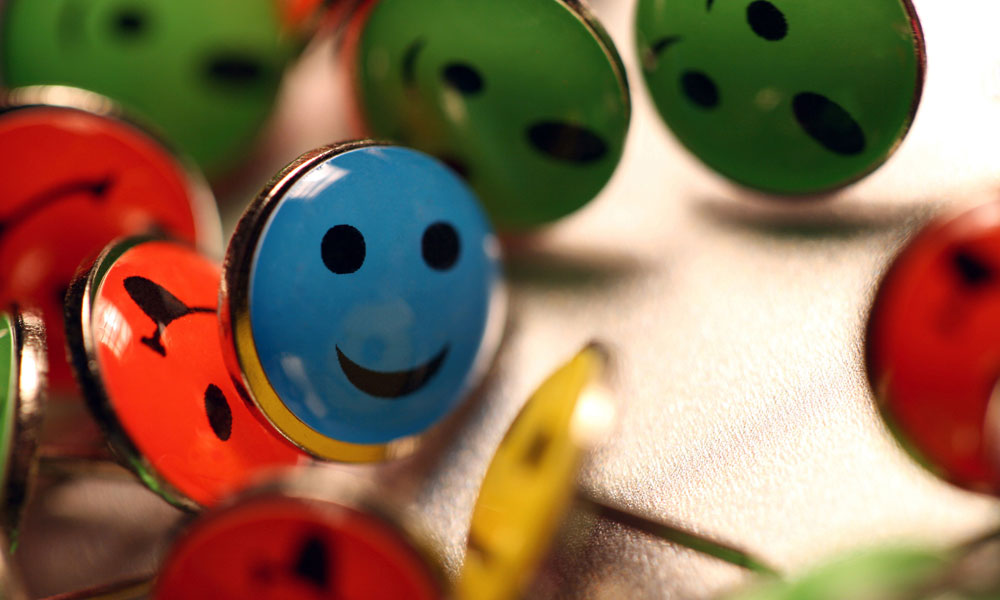
Study: “Prosocial” Employees are Happier and More Productive
A newly published study illustrates that when workers give their bonuses to charities or their coworkers, instead of spending the money on themselves, they report higher levels of job satisfaction and productivity.
Our studies show that when organizations give employees the opportunity to spend money on others—whether their co-workers or those in need—both the employees and the company can benefit.
Want to boost employee morale and performance? New research suggests one method might be allowing employees to spend their bonuses on charities or coworkers.
According to the study “Prosocial Bonuses Increase Employee Satisfaction and Team Performance,” published this month in the journal PLOS ONE, changing the focus of bonuses from self to others can increase workers’ happiness and promote better teamwork.
“Our studies show that when organizations give employees the opportunity to spend money on others—whether their co-workers or those in need—both the employees and the company can benefit, with increased happiness and job satisfaction and even improved team performance,” the study authors wrote.
In order to test the effects of prosocial bonuses, the researchers conducted a series of experiments. In the first, a random sampling of employees at an Australian bank was given either a $25 or $50 charity voucher. Those who donated the larger amount reported a greater amount of job satisfaction and happiness than those who received the lower amount or those employees in the control group who did not receive any voucher.
In another experiment, researchers gave teams of salespersons at a Belgian pharmaceutical company $22, or 15 euros, and instructed them to either spend it on themselves or on a teammate. Using monthly team sales to measure changes in performance, researchers found that teams that spent the money prosocially, or on each other, outperformed teams that were given personal bonuses. For every $10 given to workers to spend on themselves, the company got $3 back, while for every $10 workers were given to spend on a teammate, the company got $52 back.
The idea that spending money on others can make you happier than spending on yourself applies outside the workplace as well.
“In almost every country in the world … people who give money to charity are happier than people than people who don’t give money to charity,” said one of the study’s authors, Michael Norton, associate professor of business administration at Harvard University, during a Ted Talk he gave on the subject two years ago.
“If you think money can’t buy happiness, you’re not spending it right,” Norton said. “The implication is not that you should buy this product instead of that product and that’s the way to make yourself happier. It’s the fact that you should stop thinking about which product to buy for yourself and try giving some of it to other people instead.”
(Photos.com/Thinkstock)






Comments